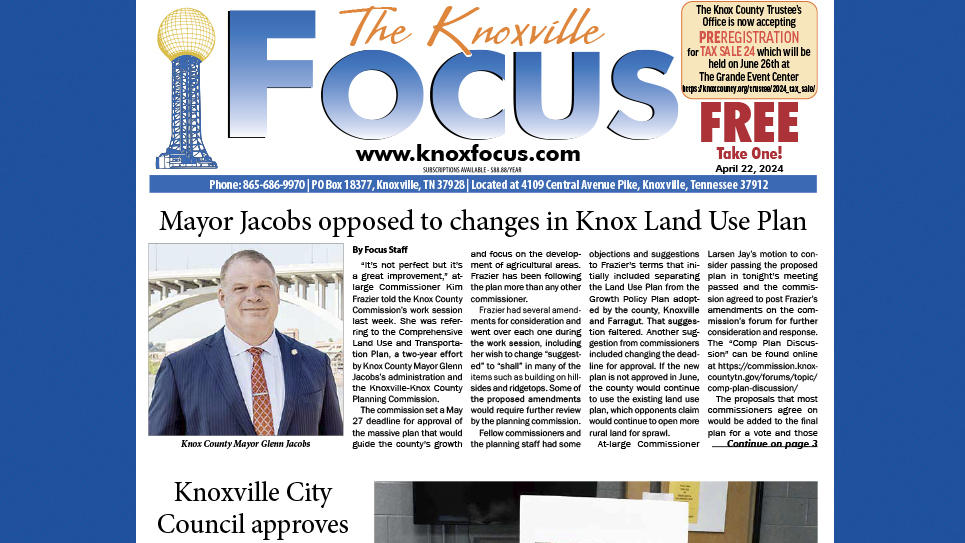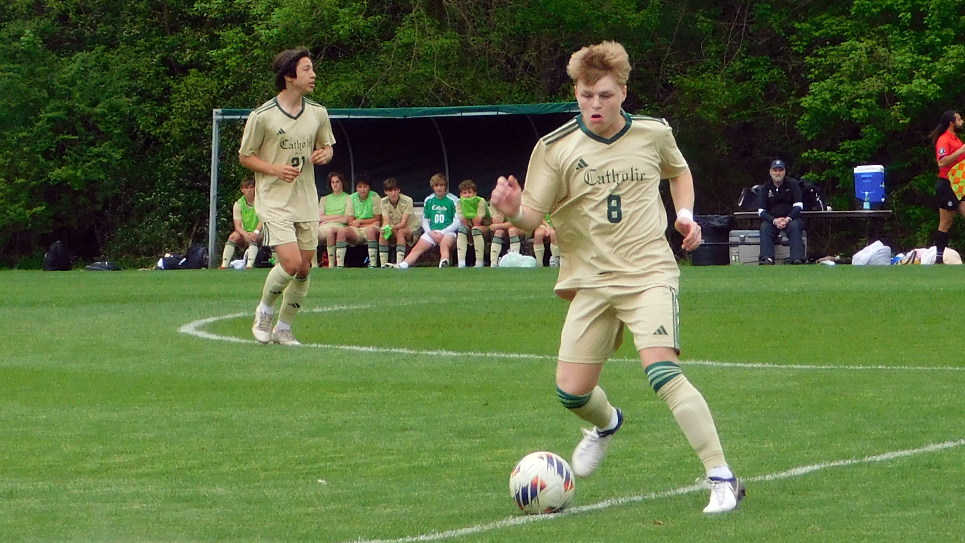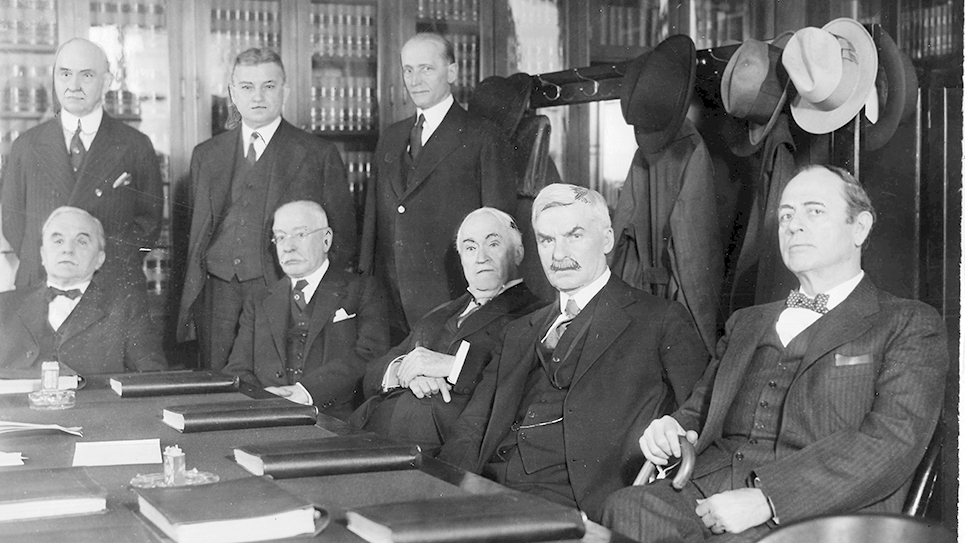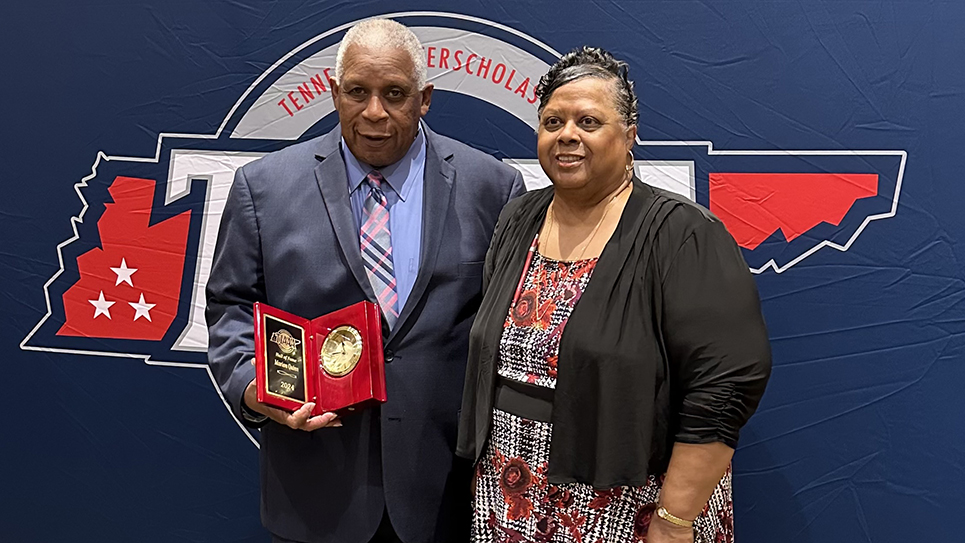
Photo from the author’s personal collection.
The Maharajah of Missouri, Boss Tom Pendergast on trial. Pendergast is second from the right.
When 1934 began, Harry S. Truman had been a deeply disappointed man. He faced political oblivion. By all accounts, Truman had been one of the very few honest public servants in Jackson County, Missouri. On occasion, he had been able to buck Boss Tom Pendergast who ruled Kansas City like a potentate. Virtually every kind of corruption flourished in Kansas City and one prominent member of the Kansas City machine was Johnny Lazia.
Lazia was an actual gangster, a member of organized crime, yet he was also a ward leader in the Pendergast organization. Eventually Lazia would become the top organized crime boss in Kansas City. His influence was widespread and his sphere of influence included the Kansas City Police Department. Eventually, other gangsters began challenging Lazia’s reign and the crime boss was gunned down after exiting his car by assassins armed with machine guns and a sawed-off shotgun in front of his wife. Johnny Lazia was still alive when he was rushed to St. Joseph’s Hospital.
Just before he died, Lazia plaintively asked his physician, “Doc, what I can’t understand is why anybody would do this to me? Why to me, Johnny Lazia, who has been the friend of everybody?”
Harry Truman had originally wanted to run for Congress in 1934, but Boss Tom Pendergast had opted to support a local judge instead. Truman’s only option seemed to be running for county collector, a highly lucrative post that would provide him with a nice living, but little satisfaction. It appeared he would remain a local official of little note and less import.
Truman had not even been Pendergast’s first or second choice to run for the United States Senate. When the boss finally settled on Truman, the feisty little man from Independence had to fight hard to beat Congressmen John J. Cochran and Jacob “Tuck” Milligan for the Democratic nomination.
To get to the U.S. Senate, Truman had to beat the incumbent, Roscoe Conkling Patterson. Named for the famous and haughty senator from New York, Patterson was an attorney by profession, deeply conservative and rather colorless. Patterson had won a seat in Congress in 1920, but had been beaten for reelection in 1922. He was nominated and confirmed by the U. S. Senate in 1925 to serve as U. S. Attorney for the Western district of Missouri. He resigned to run for the Senate when Senator James A. Reed decided to retire in 1928. Patterson won but had accomplished little during his term of office.
Senator Patterson had been quite outspoken in his opposition to Franklin Roosevelt and the New Deal.
James Aylward, who had been one of Boss Tom Pendergast’s original choices to run for the U.S. Senate, was the State Chairman of the Missouri Democratic Party during the fall campaign. Aylward opened the fall campaign declaring Harry Truman should be elected “because Patterson’s record in Congress shows him backing not one piece of constructive legislation.”
Speaking in Cape Girardeau, Roscoe Patterson took exception to Aylward’s remarks, growling, “Aylward’s out-state campaign has proved a complete fizzle, so he indulges in a snarling attack on me.”
Then Patterson seemed to confirm Alyward’s charges in defending himself.
Senator Patterson noted he was the author of the Lindberg kidnapping legislation, a bill introduced following the notorious abduction and murder of famed aviator Charles Lindberg’s baby son.
The only other thing Patterson could point to was a vague reference to legislation he had introduced, which he claimed would have made “honest federal elections” possible in Missouri had it been approved.
Patterson seemed to try to divert attention from his lackluster legislative record by charging that Jim Aylward had, according to the senator, failed in his attempt to build a statewide machine patterned after the Pendergast organization in Kansas City.
Harry Truman, appearing at the state Democratic convention, clearly outlined the differences between himself and Senator Patterson.
“The voters of Missouri may be assured that there will be no twilight zone of understanding as to the differences in the political philosophies of Senator Patterson and myself. The senator has left no stone unturned to brand himself as a hopeless reactionary in politics. He is of the Hoover-Fess-Mellon-Mills type of Republican, as obtuse to the march of social and economic progress as the dead and gone dodo.”
Roscoe Patterson did little to prove Truman wrong.
He had given a speech in the Senate as the campaign had gotten underway in which he stated his own beliefs. Patterson had his speech printed in pamphlet form, so that it could easily be mailed to voters. It was a variation of his “rugged individualism” speech that he would give upon his return to the Show Me State to campaign for reelection.
Harry Truman lambasted Patterson’s speech and redefined the issue, saying Patterson’s idea of rugged individualism was “the bold and ruthless individualism that would rise above law and morals, above human equities and decencies, allowing no consideration of the right of non-rugged individuals to stand in the way of success.”
“Happily for us at this time, we have few rugged individualists left aside from Senator Patterson,” Truman chortled. “Rugged individualists drove us to the brink of ruin in 1929. Then rugged individualism seemingly died. But not so. The country brought to social and economic disaster, was promptly left to shift for itself while the rugged individualists hid under the bed.”
Truman retorted that “A non-rugged individual, President Roosevelt” was an “individual who believes in individuals, those who farm our crops, wield our spades, who compose the memberships of our juries, who pay the great bulk of the taxes and who in sundry ways keep this country going in spite of wolfish and degrading rugged individualism.”
Truman gleefully continued to attack the Republicans, saying the Republican Party “is a party of despair.”
He went on to place Senator Roscoe Patterson squarely in the political crosshairs.
“That despairer of despairers, Roscoe Patterson, began despairing early,” Truman cried. “He despaired in the Hoover administration of doing anything for the farmer.
“He again despaired in the Roosevelt administration. He despaired of doing anything for 10,000,000 starving men, women and children when the $500,000,000 public relief fund was voted under the direction of President Roosevelt. He voted to let his fellow American starve,” Truman concluded.
Truman campaigned as an all-out supporter of Franklin Delano Roosevelt and the New Deal. Speaking in Caruthersville, Missouri, Truman defended the New Deal and assailed Senator Patterson for having voted against the debenture aspect of the McNary – Haugen Farm Bill. Truman charged that Senator Patterson had been “against every measure designed to aid agriculture” especially since the election of President Roosevelt.
Patterson did not run from Truman’s charges and declared he returned to his belief in “rugged individualism” and spat if the Roosevelt administration was right in its policies “the American people have been wrong for 150 years.”
“We have entirely too much loose talk on the part of those in high authority about relegating those who believe in rugged individualism to the museum,” Senator Roscoe Patterson thundered. “What is rugged individualism? It is the right to plan and pursue one’s own way as long as he does not intrude upon the rights of others. It is his right to work, to toil and to keep the fruits of his labor. It is nothing more than individual self – reliance, self-initiative and self-help.
“It is synonymous with liberty,” Patterson said.
Senator Patterson’s ringing endorsement of rugged individualism did not find a receptive audience amongst many Missourians who were acutely suffering from the effects of the Great Depression. Hunger, poverty, joblessness and deprivation were prevalent throughout the state. Like several other of his Republican colleagues seeking reelection in 1934, Roscoe Conkling Patterson was an unapologetic critic of the New Deal and the intrusion of government into areas of American life for the first time.
Patterson’s speeches gave many listeners uncomfortable memories of the administration of former president Herbert Hoover, who remained not only unpopular with millions of Americans, but positively hated and loathed by many. Hoover had seemed, at best, indifferent to the suffering of Americans following the crash of the stock market in 1929. At worst, Hoover seemed perfectly willing to let people die in the streets from the ravages of the Depression.
To his credit, Roscoe Patterson did not retreat an inch from his core beliefs. Speaking before a Republican audience, Patterson roared, “The Constitution has been flouted and the people are being made afraid by the reckless and un-American conduct of our government.”
Senator Patterson tried valiantly to raise what was becoming a favorite GOP theme: the specter of dictatorship.
“We want no Mussolini, no Stalin, no Hitler,” Patterson cried. “We want government of the people, by the people and for the people.”
Patterson did try and reach out to “Jeffersonian Democrats” who he claimed “hold no principles in common with the radicalism which their present leaders endeavor to foist upon them.”
Concluding his address, Senator Roscoe Patterson bellowed, “We do not believe that you can spend yourself into prosperity; that you can loaf yourself into success.”
Harry Truman and other Democratic speakers were all too happy to remind voters of Herbert Hoover’s administration and voting to reelect Senator Roscoe Patterson would be a return to Hoover’s policies.
Republicans began to wonder about their chances when the election results trickled in from Maine. Once a reliably Republican state, Maine traditionally held its own general election in September. Senator Frederick Hale was reelected with just over 50% of the vote in rock-ribbed Republican Maine. The GOP had not done nearly as well as had been expected and Democratic hopes soared.
Truman also benefitted in the general election, as he had in the primary, from the support he received from Governor Guy B. Park and the state government.
As the general election campaign drew to a close, both candidates felt victory might hinge upon the voting in St. Louis. Truman and Senator Patterson intended to spend a full week campaigning in St. Louis. The city had once been an area of strength for Republicans, but the GOP strength had been ebbing in recent years.
Ultimately, it did Senator Roscoe Patterson little good. Election Day brought an impressive victory to Harry Truman, who won almost 60% of the vote. Senator Patterson did not win quite 40% of the vote; the rest of the ballots were scattered amongst minor candidates.
Patterson suffered the same fate as many of his Republican colleagues seeking reelection in 1934. 1934 was a bad year for Republicans. Senator Arthur Robinson lost in Indiana; Senator Simeon D. Fess lost in Ohio; Senator Frederic Walcott lost in Connecticut; Senator David A. Reed lost in Pennsylvania; Senator Hamilton F. Kean lost in New Jersey; Senator Felix Hebert lost in Rhode Island; Senator Henry D. Hatfield lost in West Virginia. New Mexico was one of the few bright spots for the GOP as Senator Bronson Cutting, a very wealthy, Spanish-speaking progressive Republican managed to turn back a challenge from Congressman Dennis Chavez. Ultimately Cutting lost his life when the New Deal Democrats vindictively challenged his election and the New Mexico senator was killed in a plane crash on his way back to Washington to defend himself. Chavez was appointed to the Senate to succeed Cutting and was immediately ostracized by the few remaining progressive Republican senators.
All together, Republicans lost nine seats in the United States Senate.
Evidently there were few rugged individualists left in Missouri.
Harry S. Truman had just been elected to the most exclusive club in the world. Little seemed to come easily to Harry Truman and he would face a seemingly hopeless battle to win a second term. Ultimately, he was on a path that would lead to the Presidency of the United States.






